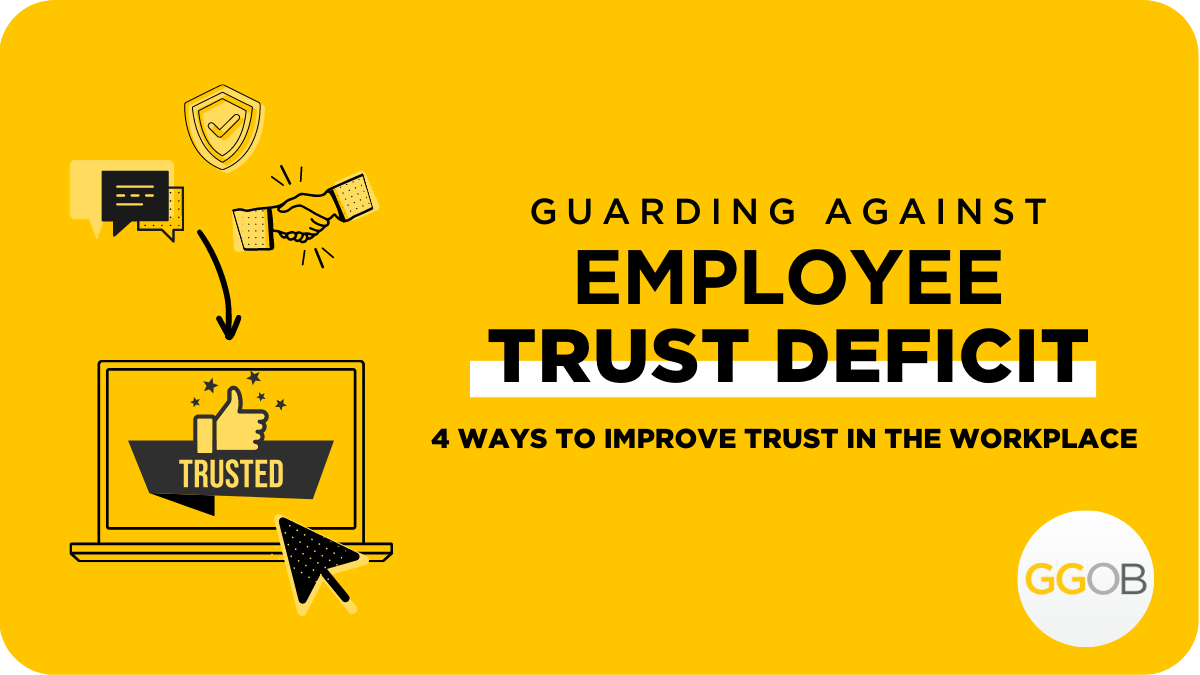If you're running a small business, the word “growth” is probably always on your mind. You're juggling a million things, wearing multiple hats, and constantly looking for that edge, that strategy, and a playbook to take you to the next level. You've got passion, grit, and a great idea, but sometimes, translating that into consistent, sustainable small business growth feels like trying to solve a never-ending puzzle.
Read More
In our personal lives, we are terrible predictors of our future selves. Uniformed, we buy houses based on a salary we believe will only increase. We buy cars thinking the price of gas will stay the same. We subscribe to memberships and services thinking we’ll always use them. We constantly seek stasis in a world that is constantly changing.
Read More
There is no more powerful tool a manager can have than a good bonus program. If a bonus program works, it can be an incredible motivator. It can get people producing at levels that make the cost of the program seem like peanuts, no matter how much you may have spent to set it up.
Read More
Leading by example is one of the most powerful tools your company has in droves. And the best part? You don’t have to spend a dime to do it. You just have to show up and, well, inspire action by simply doing what you say you’re going to do. Why is leading by example so important when you’re transforming company culture and want to retain employees?
Read More
The healthcare industry stands at a crossroads. In the digital age of wearable medical devices, telemedicine, and AI and machine learning revolutionizing the way we receive healthcare, providers face a labor shortage crisis, aging Baby Boomers, and burned-out doctors, nurses, and support staff still reeling from the pandemic. It’s not hard to see why healthcare professionals, providers, and organizations need all the help they can get. No matter the economic climate, everyone needs healthcare. Find out how business coaching can help your healthcare organization thrive despite all of the uncertainty.
Read More
There has been a decline in public trust in institutions and businesses in recent years. This goes beyond the company-customer relationship and is impacting employees and the way they relate to the people they work for.
Read More
Everyone knows trust is a fundamental part of any relationship. But what does trust mean in the workplace, and more importantly, why should leaders care, and how can they build it?
Read More
If you’re wondering whether or not you should hire a business coach, it depends on what stage you’re in when it comes to implementing The Great Game of Business methodology and what you’re looking to achieve.
Read More
If you own a business or run one, you know there are plenty of challenges waiting at your desk for you every morning. But of all the problems that might visit you, one of the most serious is poor employee retention. Look out at your office now or the shop floor and imagine what it would look like if half of those people were gone.
Read More
You've attended the webinars and the conferences, seen the success stories, and even read the book that started it all. In other words, you're sold. Creating a "business of business people" sounds amazing! But when it comes to actually applying it — that's a different story If this sounds like you, GGOB's business coaching can help. The true value of business coaching is better than you might think. Some of the best reasons you might benefit from business coaching include: Create better team structures Establish stronger business processes Be more motivated and confident Better time management Specific action plan for implementing The Game™ Here are three reasons why business coaching helps you implement The Great Game of Business faster and with more ease.
Read More

.png)







-5.png)







.png)




.png)
